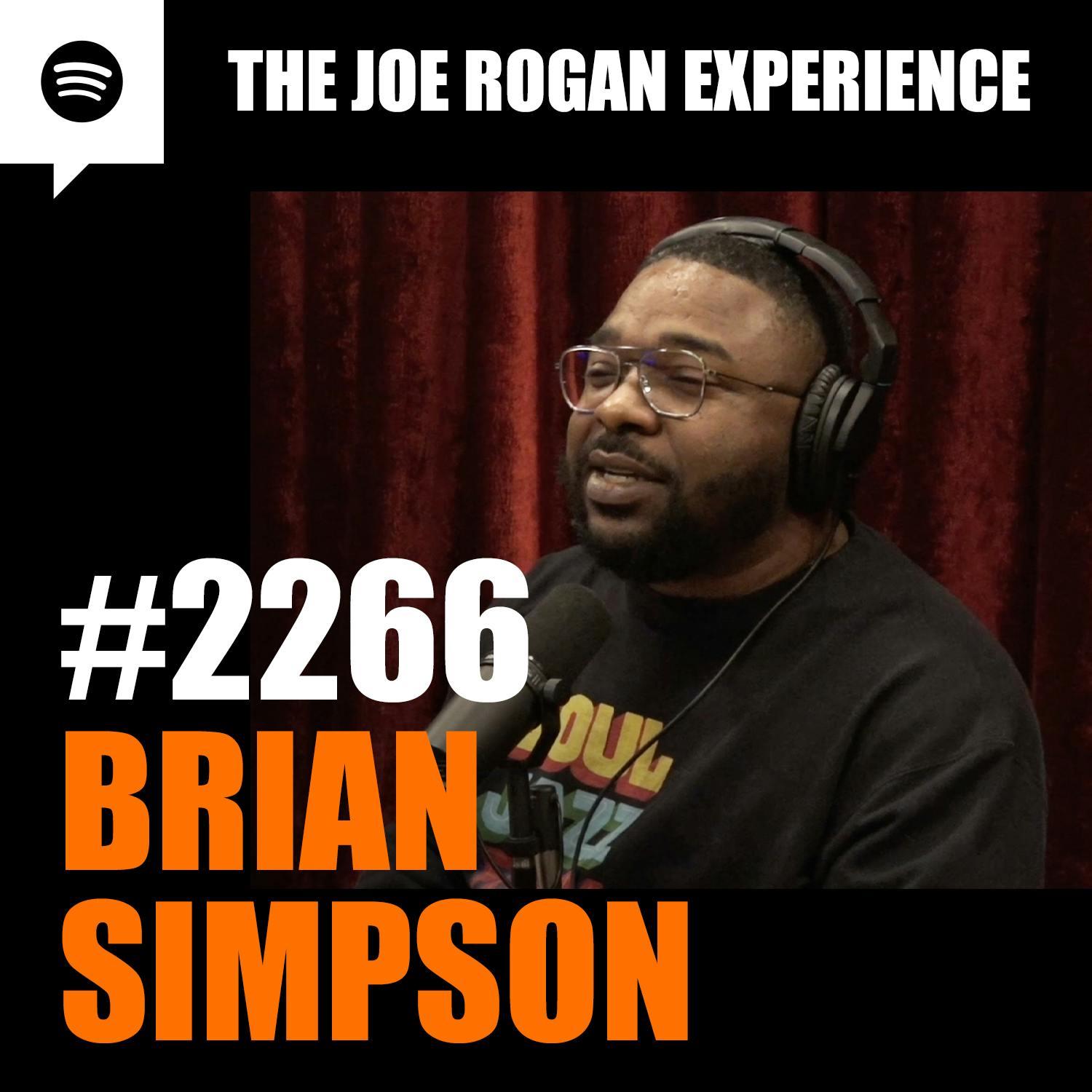
February 12, 2025 • 3hr 30min
#2272 - Mike Benz
The Joe Rogan Experience

Key Takeaways
- USAID (US Agency for International Development) has been used as a key mechanism for US foreign influence operations and regime change efforts worldwide, with less oversight than CIA operations
- The agency operates through a vast network of NGOs, media organizations, and civil society groups to shape narratives and influence political outcomes in foreign countries
- Recent documents exposed by DOGE investigation revealed extensive USAID funding of domestic partisan activities and propaganda operations
- The agency has been involved in judicial reform efforts globally to influence legal systems and prosecute political opponents
- USAID operations often involve coordination with intelligence agencies, military, and State Department but with less oversight and transparency
- The organization has been implicated in supporting drug trafficking networks and using cultural initiatives like music programs for political influence
Introduction
Mike Benz, former State Department official and current Executive Director of the Foundation For Freedom Online, returns to discuss the recent revelations about USAID operations following the DOGE investigation. He provides detailed analysis of how USAID functions as a key mechanism for US foreign influence operations with less oversight than traditional intelligence agencies.
Topics Discussed
USAID's Role in US Foreign Policy (0:00)
Benz explains how USAID operates as a crucial but less scrutinized arm of US foreign policy:
- Less Oversight: Unlike CIA operations which require presidential approval, USAID can conduct similar influence operations with minimal oversight
- Vast Network: The agency works through thousands of NGOs and civil society organizations globally
- Plausible Deniability: USAID provides cover for operations too sensitive for direct CIA involvement
- Operations are often coordinated with intelligence agencies but without the same level of transparency
Recent DOGE Investigation Revelations (15:30)
Discussion of the recent exposure of USAID operations through the DOGE investigation:
- Massive Staff Reduction: USAID workforce reduced from 14,000 to 290 employees
- Domestic Operations: Evidence revealed of extensive domestic partisan funding and propaganda
- NGO Network: Exposed complex web of organizations receiving USAID funding
- Documents showed coordination between USAID and Democratic Party operations
Media Control and Influence Operations (30:45)
Benz details USAID's extensive media influence operations:
- Intern News Network: Receives $500 million annually to operate global media network
- Media Training: Programs to train journalists in target countries
- Narrative Control: Coordination with fact-checkers and censorship operations
- Use of "independent media" designation to mask government control
Judicial Reform and Legal System Influence (45:20)
Discussion of USAID's role in influencing legal systems globally:
- Global Program: Judicial reform initiatives in dozens of countries
- Political Targeting: Use of legal systems to prosecute political opponents
- Prosecutor Networks: Building networks of aligned prosecutors and judges
- Coordination with local NGOs and civil society groups
Cultural Influence Operations (1:05:30)
Examination of USAID's use of cultural programs for influence:
- Music Programs: Support for musicians and artists aligned with US interests
- Youth Engagement: Focus on influencing younger demographics
- Historical Pattern: Similar to Cold War era cultural diplomacy efforts
- Coordination with entertainment industry and cultural institutions
Drug Networks and Covert Operations (1:25:45)
Discussion of USAID's historical involvement with drug trafficking networks:
- Historical Pattern: Support for drug networks tied to US-aligned groups
- Financial Networks: Use of banking systems to manage illegal proceeds
- Current Operations: Ongoing involvement in regions with significant drug trade
- Coordination with military and intelligence operations
Brazil Case Study (1:45:15)
Detailed examination of USAID operations in Brazil:
- Judicial Influence: Training and support for Brazilian judges
- Political Targeting: Operations against Bolsonaro administration
- Media Control: Coordination with Brazilian media organizations
- Integration with broader US policy objectives in South America
Reform Challenges and Future Outlook (2:05:30)
Discussion of challenges in reforming USAID:
- Long-Term Project: Reform estimated to take 50 years
- Institutional Resistance: Expected pushback from established interests
- International Implications: Impact on US foreign relations
- Need for new oversight mechanisms and transparency
Conclusion
The conversation reveals the extensive scope and impact of USAID operations globally, highlighting the agency's role in US foreign policy beyond its stated humanitarian mission. The recent DOGE investigation has exposed previously hidden aspects of these operations, creating an opportunity for reform while also highlighting the significant challenges involved in changing such an entrenched system.









